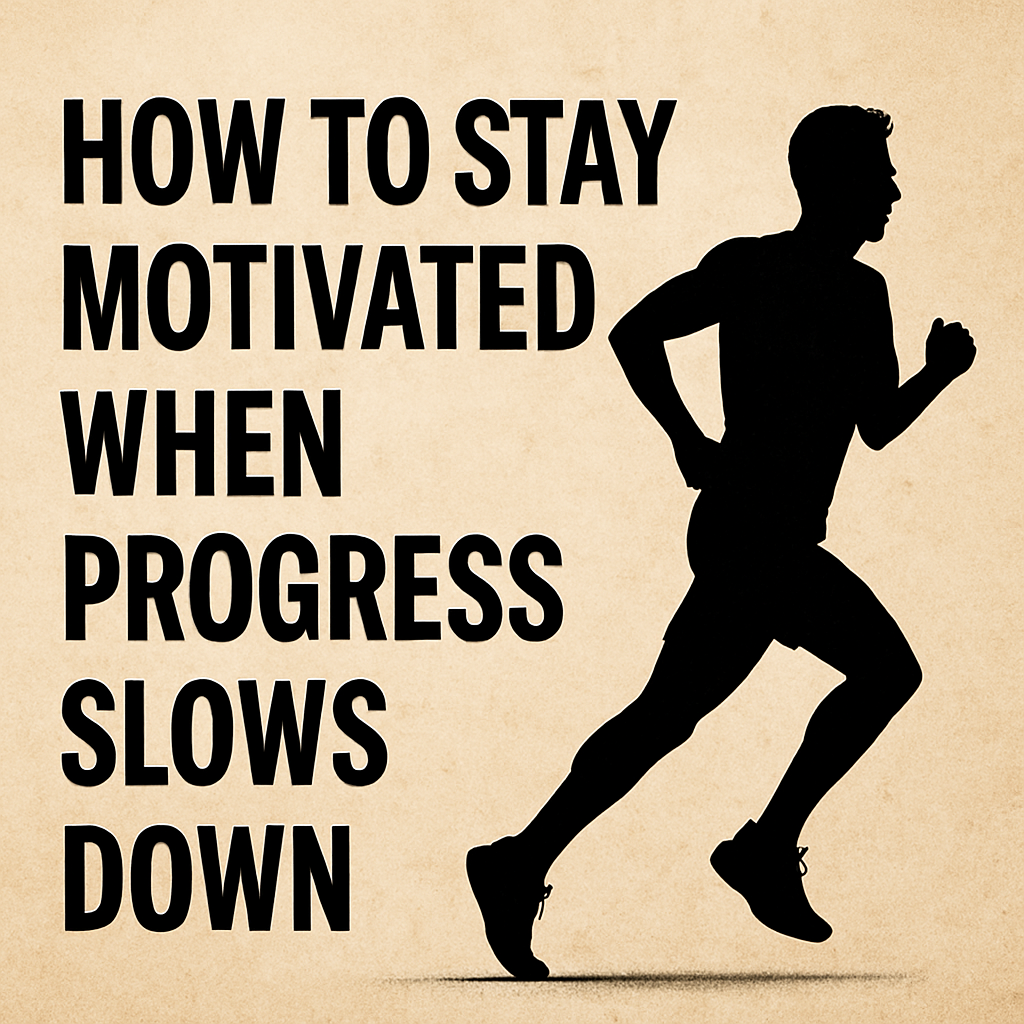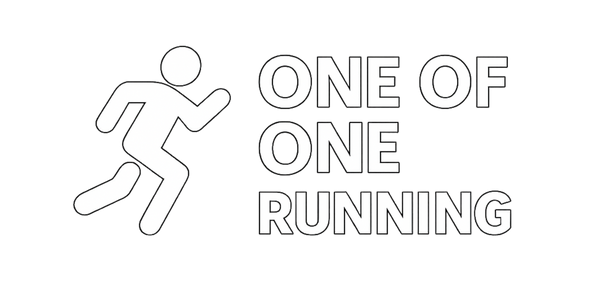
How to Stay Motivated When Progress Slows Down
Share
In the beginning, everything improves fast. You run longer, breathe easier, feel stronger. But then progress slows. Weeks go by and your pace stalls, your distance levels out, and motivation starts to fade.
Here’s how to stay in the game—even when results plateau.
-
Track something different
If your pace isn’t improving, track something else. How often you run. How you feel after. Resting heart rate. Mood. Sleep quality. Progress isn’t always measured in speed. -
Change your focus
Shift attention from performance to process. Not “How fast was I?” but “Did I show up?” Building habits matters more than single results. Trust the long term. -
Set micro-goals
Instead of chasing one big goal, set small weekly challenges: run 3× this week, try a new route, do strength once. Progress is easier to feel when it’s bite-sized. -
Accept plateaus as normal
Flat periods don’t mean failure. They’re part of adaptation. Think of plateaus as your body consolidating gains before the next leap. -
Take breaks the right way
Mental burnout often comes from never allowing rest. Plan short deload weeks or cut mileage by 30% every 6–8 weeks. Rest is part of the program. -
Reconnect with your why
Why did you start? Write it down. Read it on days when motivation dips. Progress may stall, but purpose doesn’t have to. -
Train differently for a while
Try trail running, hills, intervals, or even a different sport for a week. A shift in stimulus can reignite drive and restart physical gains.
Motivation isn’t constant. It’s built from structure, purpose, and flexibility. Progress slows—but it never stops unless you quit.
Need structure when motivation drops? My e-book offers a full plan for staying consistent, training smart, and recovering right—plus exclusive gear discounts.
See the e-book here
